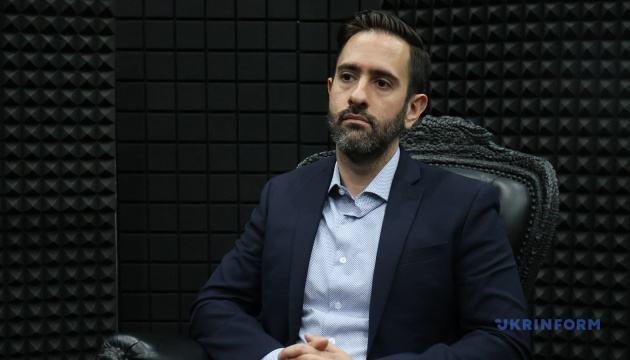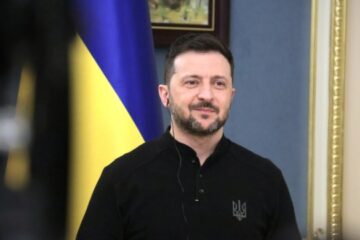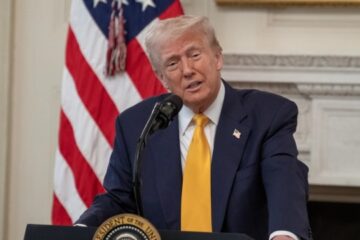
In discussions about the format of the international Coalition of the Willing mission in Ukraine, the focus should be on specific and realistic objectives, without overpromising.
This opinion was expressed by Eric Ciaramella, a senior fellow with the Russia and Eurasia program at the Carnegie Endowment for International Peace, in an interview with Ukrinform.
“Sometimes you hear definitions like deterrence, reassurance, peacekeeping, ceasefire monitoring… In reality, I don’t think any of those is an effective or credible mission for this type of coalition,” the expert said.
According to him, if we’re talking about a peacekeeping mission, “there has to be a peace to keep, and the only way to have peace is for both parties to agree to it, so that’s ruled out from the get-go.”
Regarding ceasefire monitoring, this would require Europeans to be on the front lines and would also need some level of consent from Russia, Ciaramella believes. A deterrence framework could include an agreement between Ukraine and European partners deployed away from the front line with significant combat capabilities, “but it would have required a number of European troops that is just not deployable at the moment, given commitments to NATO on its Eastern flank and so on,” noted the American expert.
Another format, he said, could be reassurance for Ukraine — to give Ukrainians “a psychological boost, a kind of psychological umbrella.”
“For example, imagine French soldiers deployed in Odesa or some other city… But to me, that’s not a very precise military mission either,” the expert said.
He believes European leaders should focus the mission on other tasks that “might sound more modest.”
“So it’s the question of training and capacity building. Many European countries have been training Ukrainian military, and there’s no reason why these training missions shouldn’t be brought back to Ukrainian territory, which would be logistically a lot easier. The instructors could learn more about what Ukraine needs and what the battlefield realities are. They can share their know-how, but then also tailor the courses and the training regimens to be much more substantive and impactful for Ukraine,” Ciaramella said.
According to him, one idea could be “to strategically embed representatives of the Coalition of the Willing at the brigade level and above to help manage the force and start integrating into these higher level structures, like the corps structure that president Zelensky has announced the transition to.”
The analyst believes it’s important to be carful about overpromising what the mission can realistically achieve.
“I think deterrence is not in the cards for such a small force. The main deterrent function will be the Ukrainian Army. If the purpose of the force is realistic and clearly articulated, it’s going to be easier for European nations to agree on all aspects, and I think that’s where European countries are headed. We just have to manage the expectations here,” the expert concluded.
As previously reported, French President Emmanuel Macron believes strengthening the Ukrainian army and supporting the Armed Forces of Ukraine by allies is the foremost guarantee of Ukraine’s security. According to him, the next level involves deterrence forces, which the French leader referred to as a “precautionary measure.”
Source: Expert advises mange expectations speaking about international force in Ukraine



